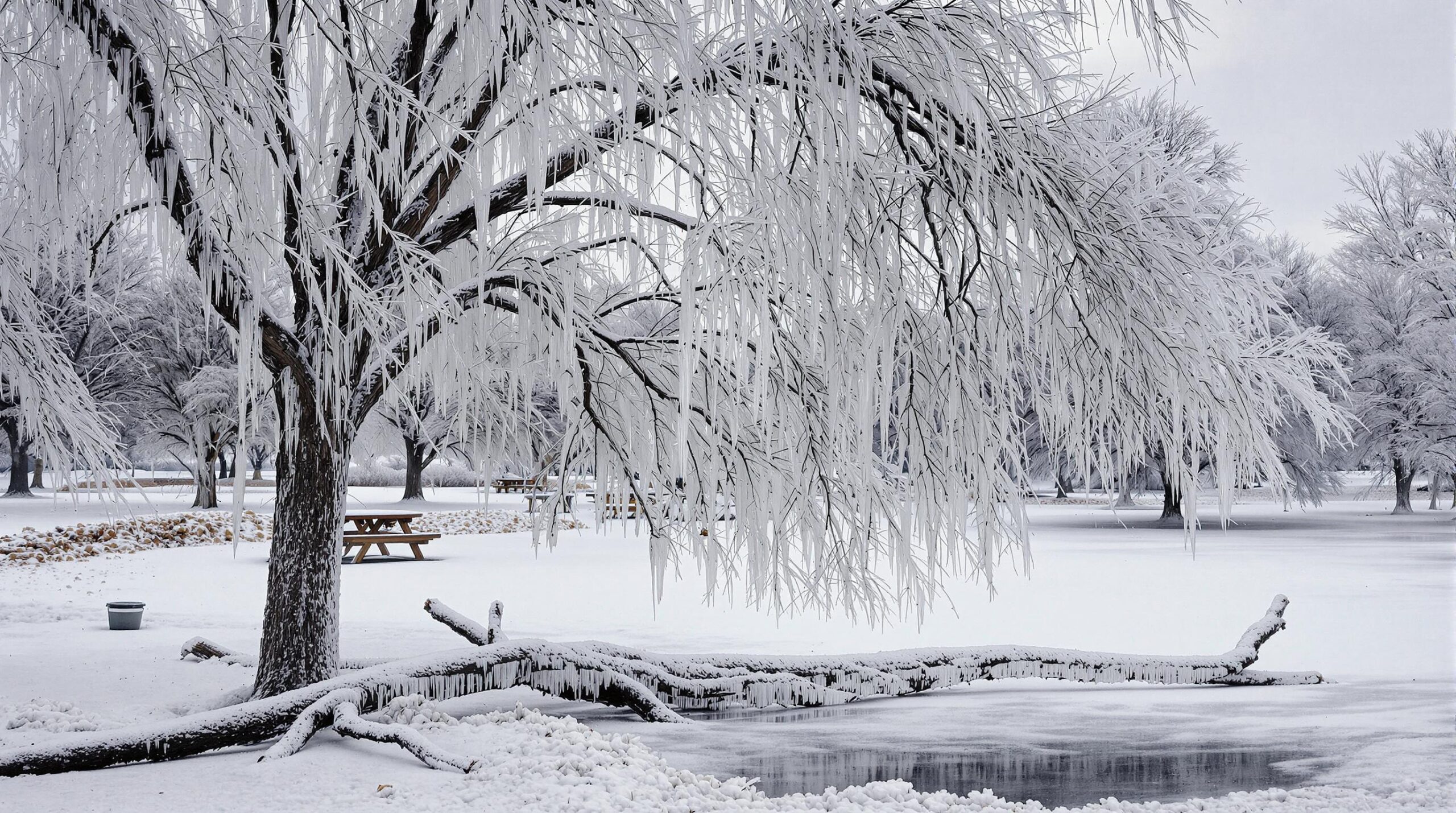Fifteen Michigan state parks, campgrounds, boating access sites and state-managed trails remain closed indefinitely after severe ice storms struck the region in late March and early April 2025. The extent of the damage, which includes fallen trees and debris, was described by the Department of Natural Resources official notice as significant enough to prompt extended closures at multiple locations.
A disaster declaration covering 12 counties in northern Michigan was issued to expedite repairs and provide additional support. That measure affects areas such as Alcona, Alpena, Charlevoix, Cheboygan, Crawford and others, where widespread impacts have left roads and utilities compromised, according to a separate announcement further details.
The Department of Natural Resources is overseeing a phased reopening, with most locations on track to open by their usual late April to mid-May dates. Clear Lake State Park is the one campground confirmed to face a two- to four-week setback beyond its standard schedule. Officials say crews are clearing debris and removing hazards to restore public access as quickly as possible.
“We understand the public concerns and questions regarding the extent of damage and closures following the storm,” said Ron Olson, chief of the DNR Parks and Recreation Division. “With public road and infrastructure work progressing, staff is now focused on restoring outdoor recreation access. We anticipate reopening many of these locations within the next few weeks.”
Officials note that approximately 30 reservations have been moved to alternative dates or locations so far, and additional relocations remain possible if hazards persist. At the same time, the majority of campsites across the state are expected to proceed with their scheduled openings.
In addition to state parks, several state forest campgrounds and boating access sites have been temporarily closed or delayed in their seasonal openings. All state-managed trails in designated areas are off-limits until a site-by-site assessment finds them safe for public use. Trail crews continue surveying damage, but no firm timeline for reopening has been announced.
Meanwhile, operators of private campgrounds and outdoor hospitality venues can benefit from robust crisis communication strategies during such disruptions. Establishing multiple channels, including text alerts and social media, can help keep guests informed about closures and reopenings.
Planning clear, scheduled announcements before, during and after major weather events often reduces confusion and fosters loyalty among visitors. Flexible reservation policies, such as allowing rebooking without penalties, can further uphold positive relationships when circumstances beyond anyone’s control arise.
Ensuring staff are trained to handle inquiries with empathy and accurate details also helps expedite the resolution of unexpected challenges. Doing so maintains trust throughout a recovery process that may extend from initial cleanup to final repairs.
Proactive hazard prevention is another essential approach to minimizing downtime after severe weather. By scheduling regular site inspections, cutting back vulnerable branches and upgrading to weather-resistant materials, operators can reduce property damage.
Maintaining reliable backup infrastructures, such as auxiliary power generators and robust water systems, also allows basic functions to continue in the face of sudden outages. Coordination with local emergency services further enables faster restoration of key utilities.
State officials report that many locations across northern Michigan will reopen once roads and power lines are fully restored and potential hazards are cleared. Clear Lake State Park may open later than other sites, but the overall outlook remains focused on a safe and timely return to normal operations.


